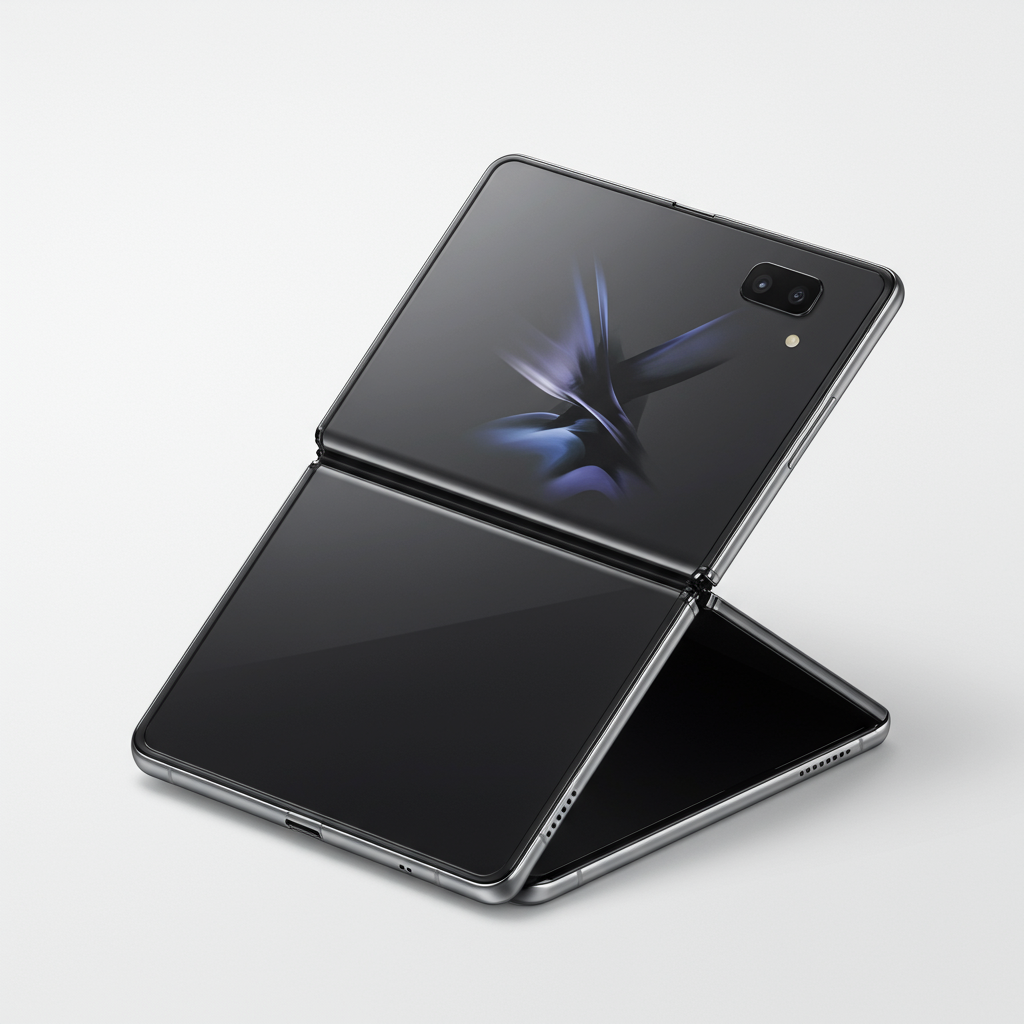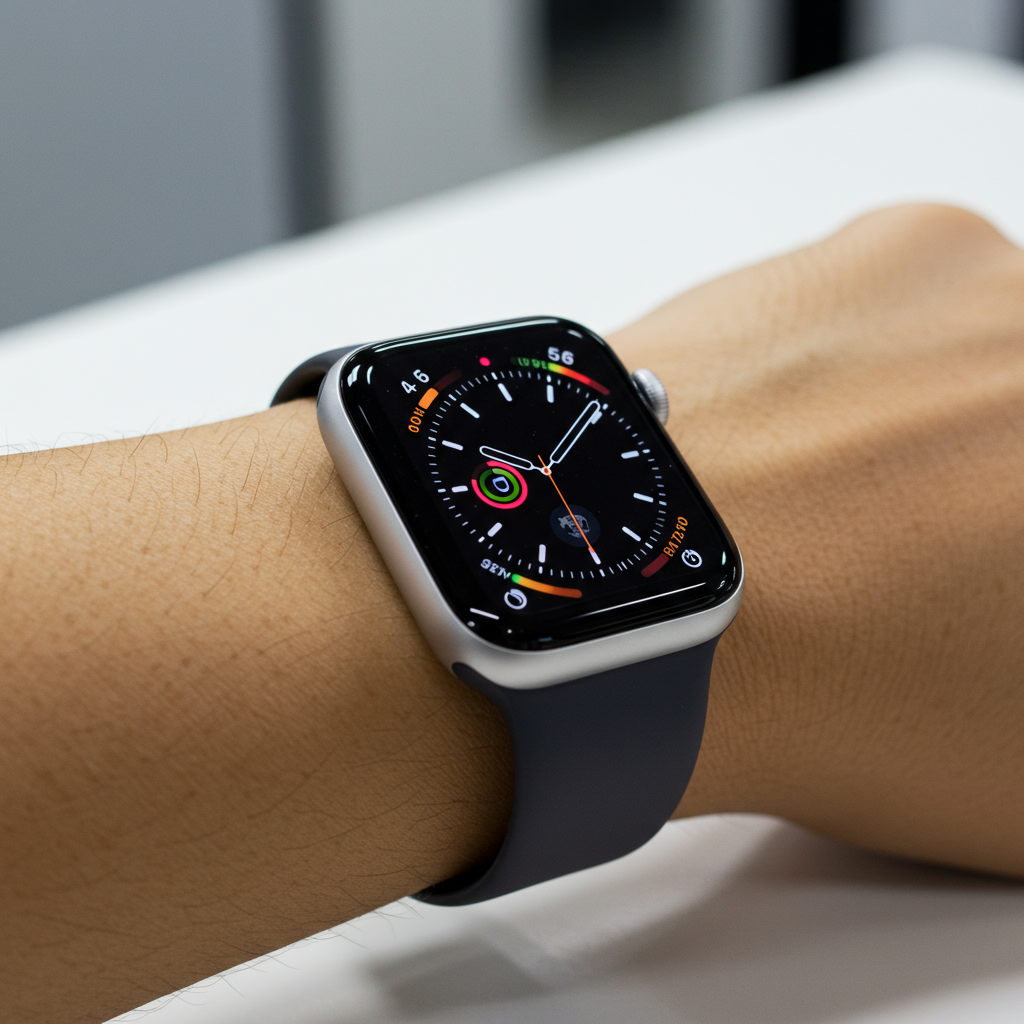Samsung is signaling a significant shift for its Galaxy Watch, moving it beyond routine activity logging into the promising territory of preventive health and personalized wellness. The goal? To empower users to proactively manage their well-being and support healthier aging, one wrist tap at a time.
This strategic pivot was recently detailed by Dr. Hon Pak, Samsung’s senior vice president and head of digital health. He emphasized the company’s mission to meet people in their busy lives and provide meaningful support for healthy behaviors, particularly given that many serious conditions, from illness to disease, are potentially preventable.
Bridging the Data Gap
At a time when the wearables market is flooded with options, Samsung aims to stand out by evolving the Galaxy Watch from a passive tracker to a proactive health monitor. With over 68 million people already using Samsung Health globally, the company sees an opportunity to connect the dots between the brief health snapshot you get at a doctor’s office and the continuous stream of data wearables collect. This creates a more complete picture of your health over time, allowing for more informed action.
Samsung’s broader vision integrates AI and connectivity across its ecosystem, from smart appliances managed via the SmartThings app to linking devices like the Galaxy Watch and Galaxy Ring for enhanced wellness insights like an Energy Score. This connected approach underpins their drive for holistic wellness, combining activity, nutrition, mental health, and sleep data.
Expected to debut with the next Galaxy Watch series in July, a suite of new AI-powered tools and a noninvasive analysis feature are set to redefine on-wrist health monitoring.
Non-Invasive Antioxidant Check
One of the most groundbreaking new features is the Antioxidant Index. Historically, measuring vital antioxidant levels like carotenoids (found in nutrient-rich foods like carrots and sweet potatoes) often requires a blood draw in a lab. Carotenoids are crucial for neutralizing free radicals in the body – toxins generated by stress, poor diet, smoking, and aging, which can contribute to serious issues like cancer, heart disease, and premature aging.
The Galaxy Watch will introduce a needle-free way to check these levels. Simply place your thumb on the watch sensor for a few seconds, and using advanced LED light sensors measuring four different wavelengths, it can instantly detect carotenoid levels in your skin. Samsung reports this non-invasive method has been validated against traditional blood measurements.
Users will receive a score from “low” to “adequate” directly on their watch, alongside general advice on how to improve their antioxidant levels through lifestyle and diet. Samsung plans to integrate AI further, offering more personalized recommendations, potentially linking to specific recipes or nutrition plans in the future.
Optimizing Your Runs with AI
For fitness enthusiasts, the next Galaxy Watch will bring smarter running tools. A new 12-minute run test helps users establish a baseline fitness level, scaling from beginner (level one) to advanced (level 10). Based on this assessment, the watch generates a personalized training plan tailored to specific goals, such as completing a 10K or half marathon.
During runs, an AI coach provides real-time feedback, offering verbal cues like “push a little harder” or “ease up.” This AI is designed to adapt future workout plans based on your performance, making the training dynamic and goal-oriented. As users progress, they can unlock new challenges. The feature also helps contextualize training by showing its impact on other key health indicators already tracked by the watch, such as VO2 max, with the potential to use these metrics as direct training targets down the line.
Personalized Sleep Guidance
Recognizing sleep’s critical role in overall health and its link to long-term risks like dementia, cardiovascular disease, and obesity, Samsung is enhancing its sleep tracking. The new Bedtime Guidance feature builds on existing tools like sleep stage analysis and sleep apnea detection.
After analyzing three days of your sleep habits to understand your unique circadian rhythm and sleep pressure (sleep debt), the watch provides personalized recommendations for optimal sleep and wake times. Instead of generic advice, it tailors guidance to help you improve metrics like total sleep time and energy score based on your personal data, aiming to help recovery from poor sleep nights or even jet lag.
The coaching is nuanced, potentially factoring in real-world inputs from other connected Samsung devices. Through SmartThings integration, the watch could even suggest environmental adjustments – like lowering the thermostat or automatically closing blinds – to optimize your sleep space. The watch’s ability to detect signs of sleep apnea also enables it to prompt users to seek medical care if needed.
Monitoring Heart Strain
Another significant new metric is Vascular Load. This feature measures the cumulative stress placed on your heart and vascular system, particularly during sleep when this stress should ideally decrease. Utilizing pulse wave analysis and optical sensors, the watch tracks trends in arterial stiffness and overall cardiovascular strain.
These readings are translated into a low-to-high scale, helping users visualize how lifestyle factors – such as poor sleep, unhealthy diet, or chronic stress – might be contributing to long-term heart disease risk by making these connections tangible and measurable.
Availability and What to Expect
These features are part of the One UI 8 Watch software update. A beta program is currently underway in the US and South Korea for Galaxy Watch 5 models and newer. The Antioxidant Index and Vascular Load are being introduced initially as ‘Labs’ features, indicating they are still experimental and in early preview before a wider release.
The full official debut of these capabilities is expected with the launch of the next Galaxy Watch series, anticipated in July. However, the availability of specific features will depend on the hardware and sensors present in each model. For instance, Vascular Load and Antioxidant Index will be available on the Galaxy Watch Ultra and later models, while the enhanced Running Coach will require the Galaxy Watch 7 or later.
Pricing details are still emerging. Samsung is reportedly exploring a premium subscription model, similar to offerings from competitors like Fitbit Premium or Garmin Connect Plus. This could mean that while these advanced coaching and analysis features might be included free with newer devices, they might require a monthly subscription for users with older, compatible watch models. More details on model eligibility and pricing are expected soon.
Samsung’s Health Hub Ambition
Looking ahead, Samsung sees wearables playing an ever-increasing role in daily health tracking and preventive care. The company is actively exploring future non-invasive testing methods, even suggesting optically based glucose measurement might not be far off.
The overarching goal is clear: to make clinical-level insights accessible from your wrist and transform the continuous health data collected by wearables into actionable guidance that can help prevent health problems before they become serious. Samsung is making a substantial push to position the Galaxy Watch as a true personal health hub, helping users navigate the complexities of wellness by connecting activity, nutrition, mental health, and sleep data in meaningful ways. Whether this ambitious plan fully succeeds will ultimately depend on execution and how well users integrate these insights into their daily lives.



